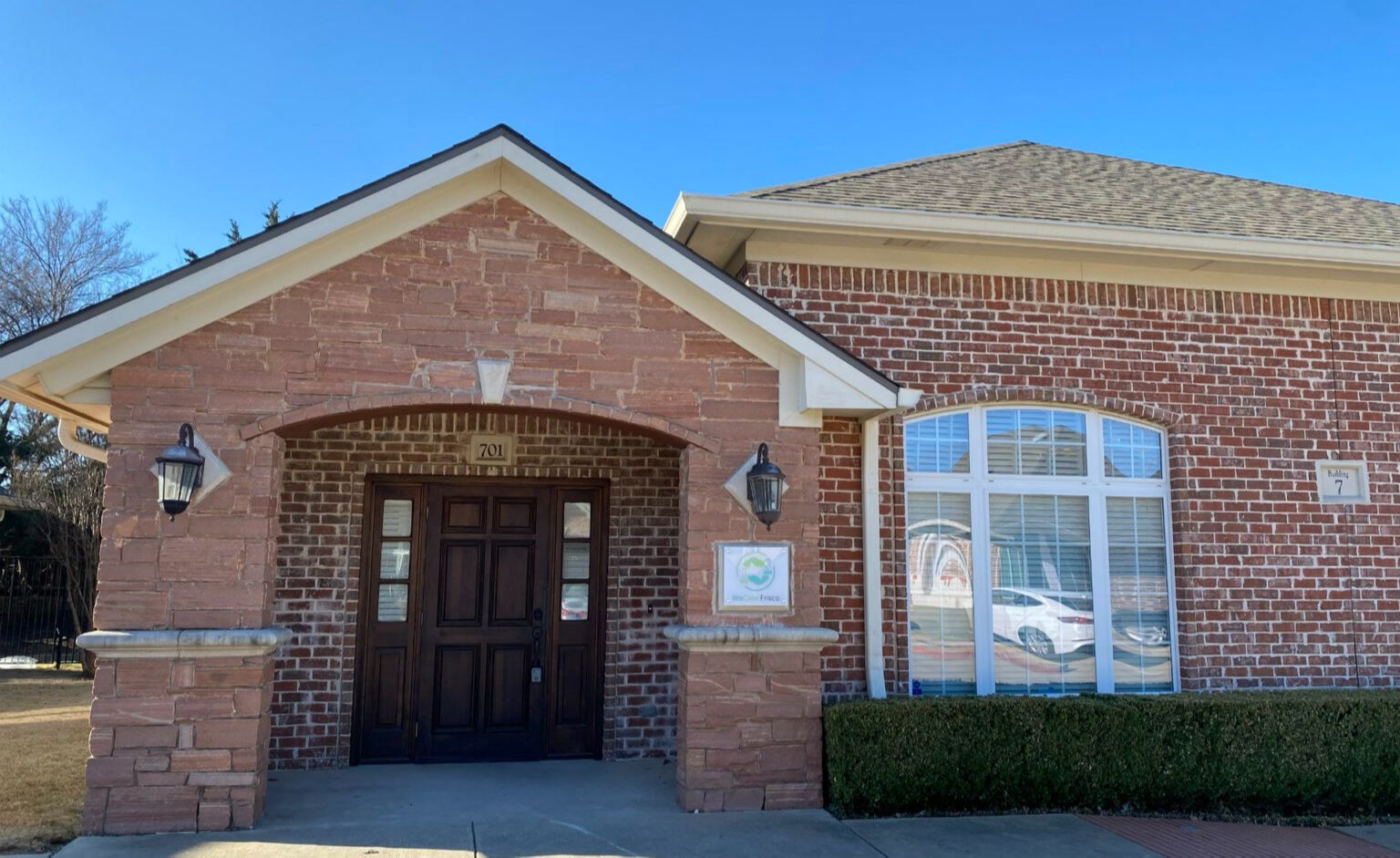
Sugar Consumption and Cancer – Is There a Connection?
Jul 02, 2021By Jennifer Engels, MD
You perhaps have heard there’s a connection between sugar consumption and the risk of cancer, and you should avoid all foods that are high in sugar. But is that true? The answer is complicated, and without getting too far into the scientific technicalities, we’ll try explore this question and, hopefully, provide some advice you’ll find helpful.
The initial link between sugar and cancer
The idea of a link between sugar and cancer goes back almost a century to work done in the 1920s by a German biochemist, Otto Warburg. Stated briefly, in his laboratory experiments Warburg found that cancer cells fueled their growth by consuming enormous amounts of glucose (blood sugar), while at the same time processing very little oxygen.
This discovery, eventually named the Warburg effect, is estimated to occur in almost 80 percent of cancers. In fact, it is so fundamental to most cancers that the PET (positron emission tomography) scan, an important tool in the diagnosis of cancer, works by revealing places in the body where cells are consuming extra glucose. In many cases, the more glucose a tumor consumes, the worse a patient’s prognosis.
For the rest of his life, Nobel Prize winner Warburg remained convinced that the consumption of enormous amounts of sugar by cells, combined with their inability to process oxygen properly, was the beginning point of cancer.
Changes in scientific direction
Eventually, however, Warburg’s conclusions fell by the wayside in scientific circles and researchers came to regard cancer as a disease emerging from mutated genes that drive cells into a state of uncontrolled division and growth.
Then again, in recent years the pendulum of scientific thought regarding the origins of many cancers has started swinging back in the direction of Warburg’s initial findings.
A research study in Sweden early in this century involving 64,600 participants over age 40 found that men and women with the highest blood sugar levels were more likely to have pancreatic cancer or urinary tract cancer than individuals with the lowest blood sugar levels.
But this study also had its shortcomings. Among them, participant’s blood sugar levels weren’t checked regularly. Researchers also didn’t know the participants’ diet, exercise habits or family history of cancer, even though a combination of lifestyle factors and genetics may affect the risk of cancer.
So, what to think and what to do?
In considering the possible connection between sugar and cancer, a good beginning point is to remember that not all sugars are created equal. For example, while most fruits have a high sugar content, they are also rich in nutrients that are known to be cancer protective. Nutrition powerhouses like fruit should not be lumped together with sugar-rich foods like candy, cakes and cookies that are low in nutrients and should be eaten sparingly.
And the sugar and cancer connection?
While we now know that individuals with higher levels of blood glucose have an increased risk of certain cancers, such as breast and colorectal cancer, researchers at the Rogel Cancer Center at the University of Michigan have concluded that an increased risk of cancer is not seen with sugar intake per se. Instead, it is the type of sugar you consume and how the body responds to sugar. If you eat sugar-rich foods by themselves, especially if you are insulin resistant, there’s a greater spike in your blood sugars. These spikes, in turn, result in an increased release of insulin-like growth factor (IGF) hormone that has been shown to help cancer cells grow. If blood glucose levels are better controlled, your body will release less IGF, which likely will decrease cancer growth.
Choosing wisely
In the final analysis, to avoid potentially harmful spikes in blood sugar, you don’t have to avoid all sugar-containing foods. You simply have to choose your foods wisely.
- Limit consumption of simple sugars and refined grains, including candy, cakes, cookies, baked goods, white bread, refined pasta and white rice.
- Limit your intake of sugary beverages such as sodas, fruit juices and sports drinks.
- Include in your diet naturally occurring sugar like that found in fruit. The vitamins, minerals, antioxidants and fiber they contain are all good for you.
As cancer researchers at the Michigan’s Rogel Center point out, eating healthy is not so much about excluding food. Instead, it’s about including more healthy foods in your diet, such as whole grains, lean proteins, vegetables and fruit.
For more advice on formulating a healthy, nutritious diet to minimize your risk of cancer and other debilitating illnesses, we urge you to contact us at WeCare Integrative Medicine at 972-668-2636 to schedule your initial consultation.



